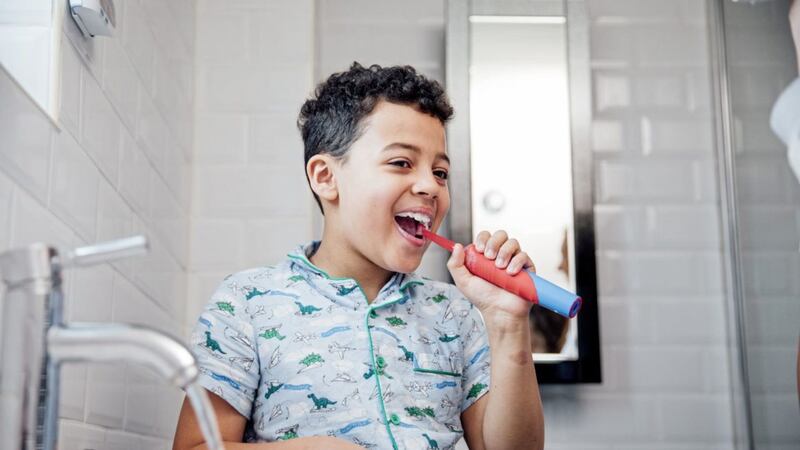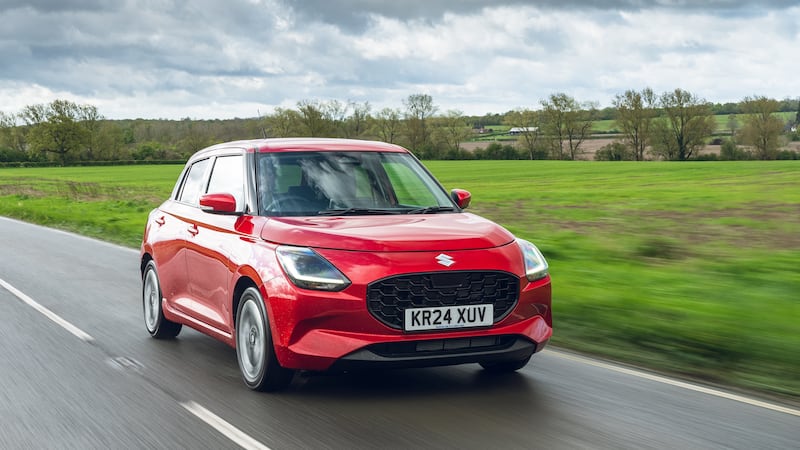THE electric toothbrush has come a long way since its birth in the 1880s when Dr Scott, from England, advertised the first ever electric toothbrush with a catch – it really wasn’t electric at all but powered by magnetised iron rods in the handle.
Dr Scott's toothbrush bombed, with the manual toothbrush cornering the market – until now, that is: a new study has found that the number of UK adults cleaning their teeth with an electric toothbrush has surpassed those using a manual one for the first time.
Data shows that nearly 12 million people in the UK have switched to an electric toothbrush over the past five years.
Around two-in-three (67 per cent) adults now use an electric toothbrush – an estimated 34 million people. The research was conducted by the Oral Health Foundation and Oral-B as part of National Smile Month.
Recent data presented in the Journal of Clinical Periodontology, found that electric toothbrushes led to 22 per cent less gum recession and 18 per cent less tooth decay over an 11-year period.
Technology seems to be a growing trend for why people have moved to electric toothbrushes. Around one-in-seven (18 per cent) buy an electric toothbrush because of features like in-built timers or that they can be connected to apps which keep a track of how well you are brushing. Others simply enjoy having it as a gadget.
Eva Castro Perea of Oral-B believes new technology has allowed more people to take a greater interest in the health of their mouth.
“Over the last five years we have seen tremendous advances in oral healthcare technology. There are now electric toothbrushes that alert you to areas in the mouth you have missed, or let you know if you are brushing too hard, or not hard enough," she says. "Having new access to your brushing habits and behaviours allows you to be a more effective brusher, which will in turn give you a healthier mouth.”
Features such as in-built timers are especially important for children and work as excellent motivators for little ones.








